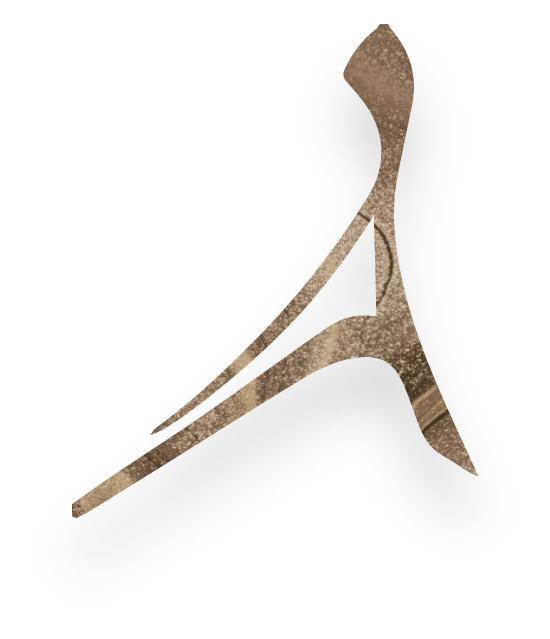All Aboard! Fat, Please Transfer at Cheek Station
Fat transferring is easy to understand; all it takes is a simple metaphor.
Think of your body as railroad. There are many trains and many different stations. You are the owner of the railroad, and you have hired a conductor (your plastic surgeon) to carry out your desires and make sure that the goods (your fat, in this case) get moved from one station to another. Just like in a railroad station, you can transfer goods from one station to another.
This is exactly what is happening during a fat transfer procedure. Also called fat grafting or fat injections, a fat transfer takes fat from one area of your body where you have excess fat (often your butt, hip, thighs or stomach) and transfer it to a smaller part of the body (such as your butt, breasts, cheeks or lips) to provide you with a better shape.
Why It Works
In many situations, people try to fill sunken cheeks or flat lips with dermal fillers. While these are often good and successful, fat transfers are usually more effective, safe, and long-lasting, because it uses fat from your own body. It’s like you are mixing water and water instead of oil and water. Also, while it should not be used for weight loss, fat transfer also helps you sculpt another part of your body at the same time! It’s a two for one deal.
Some Possible Negatives to Consider
The first and perhaps biggest possible cons are the usual culprits: time and money. Even though fat transfer uses your own fat, it does require processing, which can take much longer. In contrast, dermal fillers are prepackaged. You don’t need to have the fat extracted, then wait for it to be prepared, and then have it injected.
Along with the longer procedure, fat transfer costs more. However, as it is a two for one procedure and your results will last longer than with dermal fillers, this might just be an understandable condition and not a downside.
Whatever you choose, do it after communicating with your doctor. You have hired a conductor, so use him. He knows his way around the stations, and will know what is best generally and for you personally.

